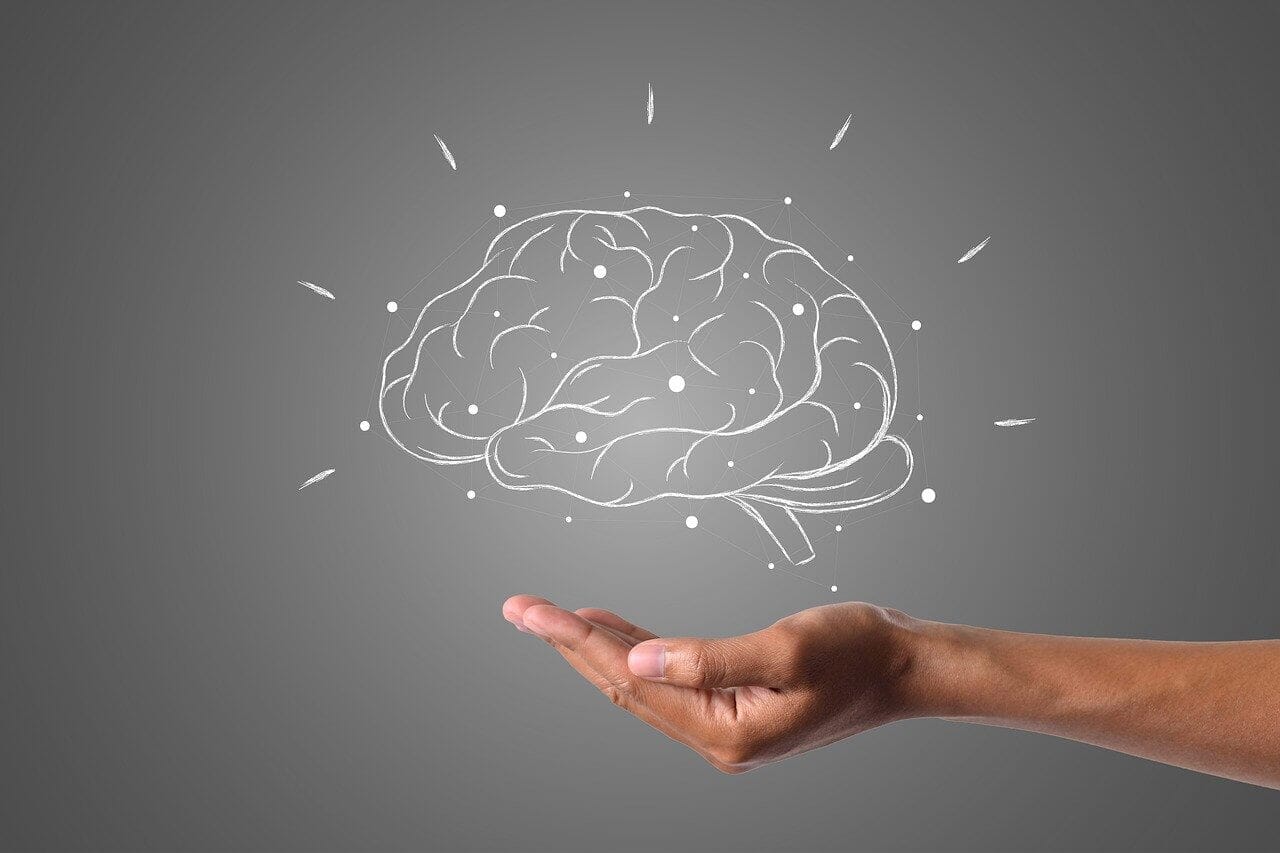
How does yoga change the brain?
What you think, you attract into your life. Those who learn to deal with their own thoughts positively and mindfully have gained a great deal. Researchers also confirm that all of this has a direct impact on our everyday lives. They shape a person's reality – consciously or unconsciously. Therefore, it makes sense to align our own mind so that our thoughts are beneficial.
This isn't always easy in the challenging world of everyday life, so you should use certain techniques that have an optimal effect on your well-being and can improve it accordingly. Yoga or meditation are helpful tools, which we'll discuss in this article.
You have the power within you – use it
If you're stressed, your muscles are stressed—this has a direct impact on your thoughts. On the other hand, if you have a calm and relaxed mind, science shows that your muscles can also recover. This ensures that your thoughts are positive and well-intentioned. This changes your self-image and allows you to better understand various processes within your being.
A little reminder: You carry all the answers within you, meaning you don't have to look outside for anything; the knowledge is always within you. Therefore, you possess all the strength you need now to bring about change in your life.
The reason we can bring about all these changes is because the brain possesses neuroplasticity. Individual synapses and brain connections can be modified and adapted. With a little practice, you can experience a wider range of positive emotions and create new connections. This isn't a rare phenomenon; it can also be explained scientifically.
The direct effects of yoga on the brain
As Buddhist teachings have become more and more widespread, the number of studies conducted on them has increased.
- Neuroscientist Dr. Alex Korb, for example, attempts to explain the connection between asanas, their effects on the brain, and stress. He concluded that thoughts always differ. However, the affected brain regions and the physical reactions are the same. If you look at stress purely physiologically, this means that breathing becomes faster, cortisol levels rise, and muscle tension increases. The body's reactions can be influenced using certain techniques, such as yoga or meditation. This influences the perception of one's own being.
- Another interesting study was conducted by brain researcher Richard Davidson. Thanks to a brain scan, he discovered that experienced monks can stimulate the left prefrontal cortex. This is where positive emotions lie, meaning that everyone's mood and consciousness can improve and increase as a result. Richard Davidson is also convinced that this effect reduces the activation of the right prefrontal cortex, thus reducing the influence of negative thoughts.
- Those who regularly practice yogic exercises can alter GABA levels in the brain, increasing them by up to 30%. This is the solution for alleviating anxiety and stress. Y-aminobutyric acid is considered one of the most important neurotransmitters and has a direct impact on the perception of stress and anxiety.
Buddhist teachings affect genes
Would you have thought so? Science has discovered that we humans are not dependent on our genes. Despite what old theories claim, everyone can alter gene expression through a changed lifestyle, social relationships, spiritual healing, and conscious actions in everyday life. Studies have already been conducted on this, with wonderful results.
Those who regularly relax and practice certain breathing techniques and meditation will experience effects on insulin secretion, immune system function, and energy metabolism. The problem is that many people aren't aware of this—which makes it all the more important that all these facts be shared with the world.
Other positive effects of yoga on the body
As we have seen, the asanas have a beneficial effect on the entire organism.
- As early as 1956, neurologist Mariella Fischer-Williams had a positive experience with a patient who was able to relieve chronic pain with this method.
- In addition, high blood pressure can be improved.
- Yoga also has a positive effect on chronic pain, depression and anxiety.
The start of a successful yoga practice
Now that you've heard so many positive things about Buddhist teachings, it's time to start integrating breathing and asanas into your daily routine.
The best tips to get started:
- First and foremost, it's important to put aside perfectionism and focus on your sense of self, or self-awareness. You are the most important person in your life, so it's all the more important that you take good care of yourself. This is the first step in your yoga practice.
- Mindfulness plays a significant role throughout your yoga session, so take your time and practice the asanas in a quiet space.
- To learn the theory of Buddhist teachings, it is a good idea to enroll in a course in your city.
- At the beginning, it may be helpful to start with Yin Yoga asanas. These are held for a very long time and are designed for relaxation. Those with a little more experience can move on to Vinyasa or Ashtanga Yoga with effective instruction.
- In addition to the individual exercises, breathing and trained mindfulness are also essential to enjoy these benefits.
- After the practice, meditation can be helpful in becoming more aware of the changes in the body and in realigning yourself.
What effects have you noticed from yoga on your brain? How do you feel after a session?
Share










